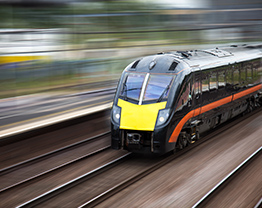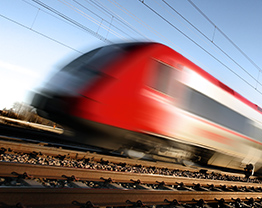Department of Engineering


Department of Engineering

The Department of Engineering at the University of Cambridge has extensive prototyping and testing facilities with a broad remit and cross-industry specialism. The Control Research Group within the Engineering Department is well-known for its contributions to the theory and practice of vehicle suspensions, both advanced passive, semi-active and active methodologies and for high-level industrial collaborations leading to product development arising from new theory.
RTS PRIORITY AREAS





UKRRIN Centre of Excellence in Rolling Stock
Various courses as part of the Engineering MEng
PhD opportunitiesYes
Name: Dr James Talbot, Senior Lecturer Fellow & Director of Studies in Engineering
Email: jpt1000@cam.ac.uk

TESTING AND TRIALING FACILITIES
Facilities